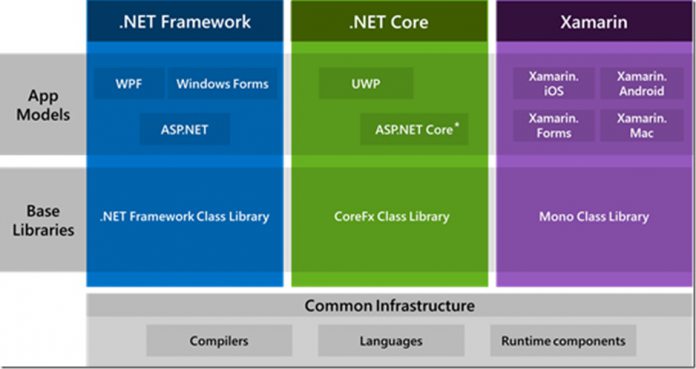“Starting with .NET 5, Visual Basic will support Class Library, Console, Windows Forms, WPF, Worker Service, [and] ASP.NET Core Web API … to provide a good path forward for the existing VB customer who want [sic] to migrate their applications to .NET Core,” the .NET team wrote in a post to the Microsoft DevBlogs. “Going forward, we do not plan to evolve Visual Basic as a language … The future of Visual Basic … will focus on stability, the application types listed above, and compatibility between the .NET Core and .NET Framework versions of Visual Basic.” Microsoft announced .NET 5.0 last May as a replacement for .NET Core. Microsoft says .NET 5 will be a merger of classic NET Framework with the open source .NET Core. This will create a single .NET platform, something users of the software framework have been asking for. Regarding Visual Basic, it has been a long-standing part of .NET and was released alongside C# at the start of the .NET era 18 years ago. While VB offers more tools, C# was preferred by the majority of developers because of its relative simplicity. Visual Basic source code is not readily available these days, so the language is in many ways obsolete (at least in terms of adoption). In other words, it makes sense that Microsoft is winding down support for VB and won’t be shipping anymore features. Microsoft is likely to make it simple for VB developers to bring their codebase over to .NET 5.0.




